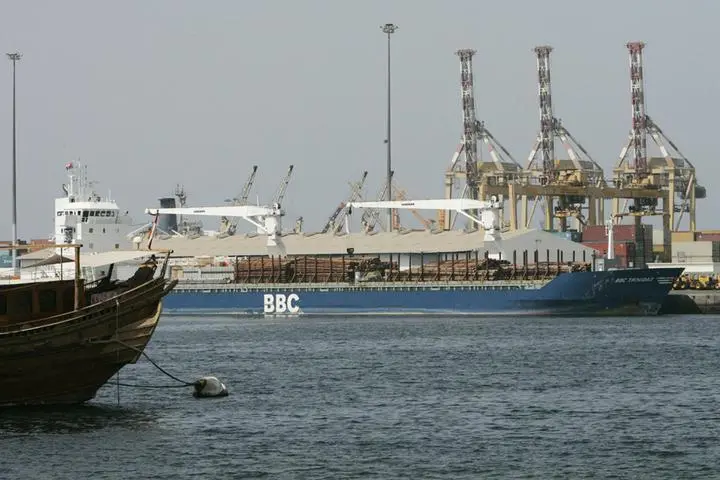PHOTO
Muscat - Government funding support for petroleum products, notably in the form of subsidy on motor fuels, slumped 57.8 per cent to RO 479.3 million last year, down from a record high of RO 1,134.6 million in 2014, the Central Bank of Oman (CBO) revealed here on Monday. The apex bank attributed the fall to the sharp decline in international crude oil prices, which led to a lower margin between the subsidised domestic cost of petroleum products and the international market price.
Since February this year, fuel subsidies have been all but phased out following the government's decision to introduce a market-linked pricing mechanism for petrol and diesel. Significantly, subsidy allocations towards fuel products had been on the uptrend over the past several years in line with burgeoning demand growth. From RO 955.6 million in 2011, the subsidy jumped to RO 1.007 billion a year later, rising to RO 1.119 billion in 2013 before topping RO 1.134 billion in 2014.
In contrast, government funding support for the electricity sector soared a hefty 42.8 per cent to RO 386.4 million in 2015, up from RO 270.6 million a year earlier. Customers benefit from two levels of subsidy on the electricity they consume: On the one hand, natural gas is supplied to producers by the government at a concessional rate, while on the other, the cost of transmitting, distributing and supplying electricity is subsidised as well. As with fuel demand, electricity demand has been witnessing significant growth and so has the subsidy allocation for the sector. Government grants surged from RO 172.1 million in 2011 to RO 252.6 million a year later, spiraling to RO 320.5 million in 2013, before falling to RO 270.6 million in 2014.
Subsidy towards essential food items also plummeted 64.8 per cent to RO 6.8 million in 2015, according to the CBO report. Allocations towards foodstuff have been on the downtrend in recent years. From a grant of RO 27.9 million in 2013, the subsidy declined to RO 19.3 million in 2014, the report said. Likewise, grants to help subsidise soft loans to the private sector as well as the social housing sector declined 24.4 per cent last year to RO 24.5 million, down from RO 32.4 million in 2014.
Following the dramatic decline in oil prices and the consequent slump in revenue, the government has taken steps to rein in current expenditure, reform its generous subsidy programme, and augment non-tax revenue. In addition to rolling back fuel subsidies, the government has also affirmed its intention to increase corporate tax by three per cent, boost fees in select areas such labour clearance issuance, and also introduce Value Added Tax (VAT) and potentially excise tax as well.
© Oman Daily Observer 2016





















